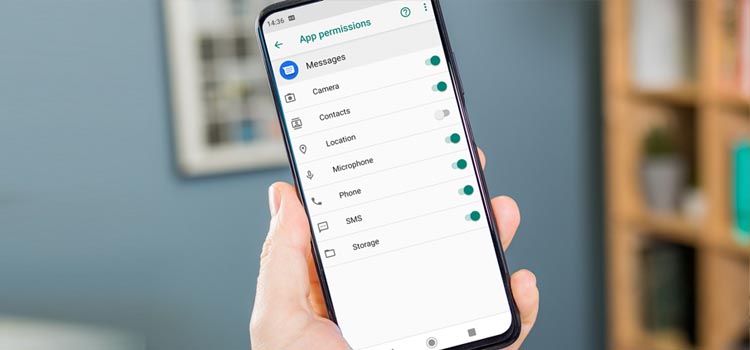Privacy Lawyers
Privacy Laws
Common Questions on Partnership Laws.
- What is Privacy Law?
- Which Act Governs Privacy?
- Why such Law is important?
On 24th August, 2017 Supreme Court declared Privacy to be a fundamental right. Right to privacy refers to the right to maintain a domain around us, which could be inclusive of all those things that are intrinsically associated with us like our home, body, feelings, identity, etc. We are the masters of allowing access to this domain. Privacy rights are about the respect of an individual, it must be upheld unless a compelling reason to override someone’s privacy exists. Right to Privacy has been interpreted as an extension of Article 21 of the Indian Constitution.
What is Privacy?
Privacy is the “right to be let alone; the right of a person to be free from unwarranted publicity; and the right to live without unwarranted interference by the public in matters with which the public is not necessarily concerned”. ‘Privacy is the condition or state of being free from public attention to intrusion into or interference with one’s acts or decisions’.
Necessity of Privacy
- Limit on Power of the Government.
- Respect of Individual.
- Reputation Management.
- Control Cover on One's Life.
- Freedom of Thought and Speech.
What is Privacy Law and What Laws Govern Privacy?
Article 17 of the International Covenant on Civil and Political Rights, 1966 says that no person should be subjected to unlawful/arbitrary interference with their privacy, with every person having the right to protection of the law against such interference.
Article 12 of the Universal Declaration of Human Rights 1948, says that no person would be subjected to an arbitrary interference with respect to their privacy, home, family or an attack on their honour & reputation.
Right to privacy has been given recognition in the Information Technology Act as well in Section 43 as per which unauthorized access into a computer resource invokes liability.
As per the case of Peoples Union for Civil Liabilities v. Union of India, tapping of a phone attracts violation of privacy and its due protection being a part of Article 21. Hence, tapping of a phone require the due process to be followed, and the process has to be just, fair, and reasonable.
Search Result : Expert Privacy Lawyers
Consult Expert Privacy Lawyers in India












